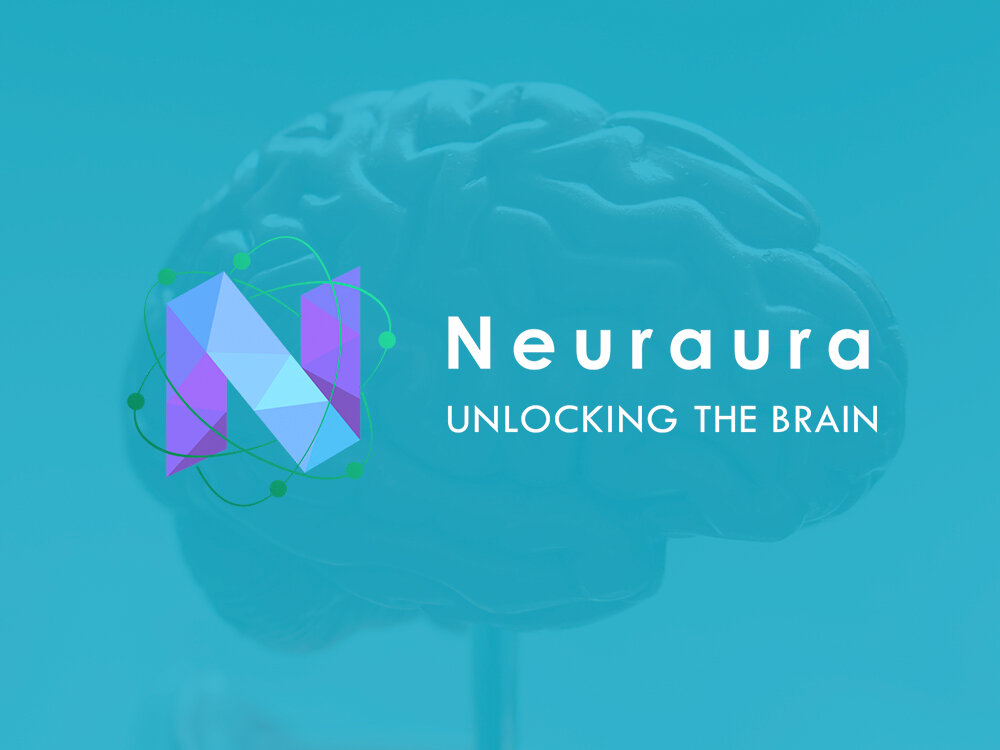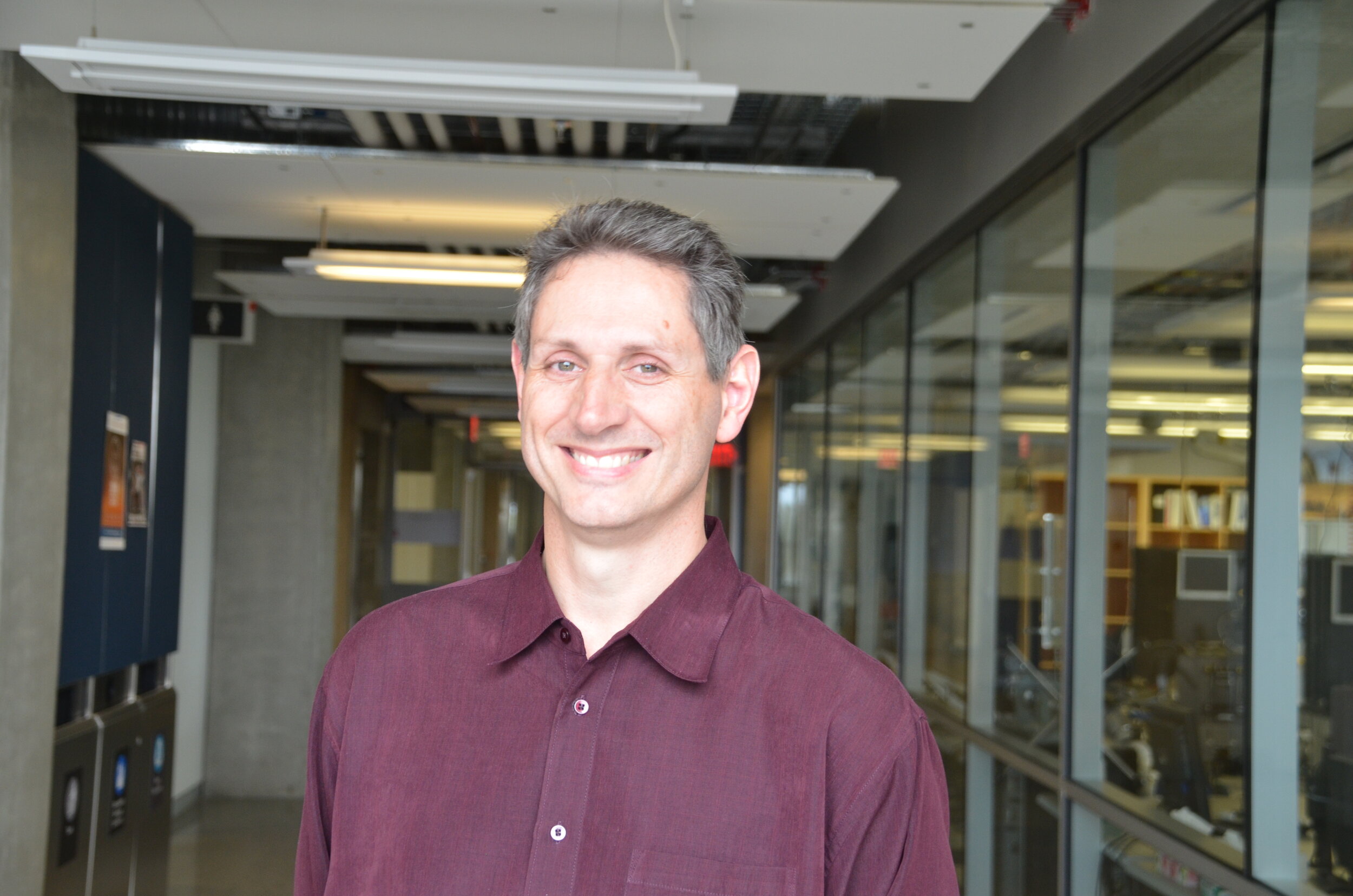Neuraura: Unlocking the brain with technology
Neuraura
Roughly one third of the world’s population will be impacted by a brain condition – from epilepsy, Alzheimer’s and Parkinson’s, to addiction or depression. Though scientists are working tirelessly to find cures, there is yet to be a certain solution for these complex conditions. And while the hard work continues in labs across the world, the social and economic burden of brain-related disorders is growing: in fact, it’s larger than that of cancer and cardiac disease combined.
Enter Neuraura, the Calgary company improving the lives of millions of people suffering from neurological, psychiatric, and sensory conditions through the development of fully implantable medical devices with closed-loop recording and stimulation, also known as neuromodulation. We’ll explain that a little more later.
Neuromodulation has proven to be effective at research and now clinical levels to treat the brain – the command centre for the body and one of its most complex organs. Take neuromodulation in epilepsy for example. The best medically proven option for many epileptic patients who are unresponsive to medication is to get part of their brain resected (tissue cut out). Neuromodulation is used to understand not only where seizures start, but also where they propagate, so we can stimulate specific parts of the brain to reduce the number of seizures, and stop them at best. Think of it as a pacemaker, but for the brain.
However, commercial neuromodulation devices have historically offered poor longevity and limited rates of efficacy. There hasn’t been much change for the last 20 to 30 years when it comes to creating electrodes that can record brain activity in a more targeted way – and that is where Neuraura’s solution comes in.
Pierre Wijdenes, CEO, Neuraura
MAPPING BRAIN ACTIVITY
By mapping the brain’s activity, Neuraura, established in 2017, believes in the opportunities that come with unlocking the brain. CEO Pierre Wijdenes believes hundreds of millions of patients worldwide could be treated with the next generation data gathered by their innovative technology.
It all started in 2012 when Wijdenes moved to Calgary to complete his PhD in Neuroengineering. His goal was to try and understand how brain activity from tissue samples could be better recorded. He was trying to detect electrical activity but had to use sensors of poor quality, so he went back to uncover how those sensors were designed and built new ones to run his own experiments. That’s when he started thinking about how he could build even more sophisticated sensors that could better target neurological activity.
“If you think about the current sensors used in today’s clinical practice, they are about six millimeters in diameter. When they are in contact with neurons, we’re talking about thousands of neurons at the same time,” Wijdenes explains.
Current neuromodulation sensors gather incomprehensibly huge amounts of data, because in simple terms, they are just too large. As any scientist or data analyst knows, this also results in a lot of meaningless and irrelevant noisy data that preclude doctors to understand what is happening with their patients. What Wijdenes and his team put their minds to was building sensors that could significantly narrow down the data being recorded.
Dr. Colin Dalton, Co-founder and CTO, Neuraura
With Dr. Colin Dalton, Co-Founder and CTO, and Claire Dixon, Co-Founder and COO, Neuraura has now developed microsensors about a quarter of the diameter of a human hair. These microsensors can pick up clean data at the source without any filtering: when recording neuron activity, instead of being in contact with thousands of neurons at each moment, it’s six, maybe eight neurons at a time. Noise becomes music.
Because neurological diagnostic tests are an established practice, Neuraura didn’t have to reinvent the wheel, instead replacing actual physical properties of the sensors to change the shape of them, and to improve the electrical signal to noise resolution. By improving such factors, Neuraura could provide better data from the base, akin to switching from a two-million-pixel camera to 20 million.
“What we do is basically provide sensors that allow you to get rid of the noise around you and only focus on the important information,” said Wijdenes.
Neuraura’s initial clinical application is a brain monitoring platform for intracranial monitoring to inform epilepsy surgery. Wijdenes and his team believe that within five years, their EEG (electroencephalogram) monitoring system for refractory epilepsy will be collecting data from hundreds or thousands of patients, and will lead Neuraura to understand how many other conditions can be treated.
Claire Dixon, Co-Founder and COO, Neuraura
UNLOCKING OPPORTUNITIES
After just a few years of business, Neuraura has already impactfully contributed to the field of neuroscience by targeting its electrodes to improve CNS drug discovery. Neuraura has leveraged processes from the semiconductor industry and automatized the way they produce their sensors so they can be brought to scale. And maybe one day, these sensors could be available to everyone.
“What we mean by unlocking the brain is that we can unlock treatment opportunities by understanding what's happening in a patient's brain at a personalized level. We can personalize diagnostic and therapeutics options, using existing or new therapeutic methodologies,” said Wijdenes.
Commercializing technology in the health space can be a long and arduous process, so Neuraura focuses on setting and achieving milestones that are key to their long-term success.
Actively integrated in Calgary’s tech ecosystem, Wijdenes and Neuraura have noted the sense of community that is cultivated here, and how they have found comfort in knowing they’re not alone when facing challenges that startups come up against in their junior years.
“Med tech companies sometimes go to the U.S. due to better funding opportunities because they are more advanced in terms of innovation and medical devices,” said Wijdenes.
“One of the things that keeps us here is the ecosystem and the ability to work with people that are willing to take a bet on us.”
“Thinking of Calgary, there's a lot of people in our corner,” said Wijdenes, noting the peer support he and his team have experienced. “It’s an open and supportive environment. People here try to lift each other up and recognize that critical mass is a core part of making successful companies. What we have found is there are a lot of people willing to switch hats and do multiple things with this pioneering mindset.”
Calgary is well-known for its entrepreneurial spirit and hard-working mentality, showing itself able to adapt to changing economic climates and fluctuations. The startup world is full of entrepreneurs who think outside the box and pursue their passions, leading new businesses with an adaptable mindset – especially in Calgary’s life sciences sector.
“This is an industry with people who have worked tirelessly over the years,” says Neuraura COO Claire Dixon. “They’ve been on this train for a long time and are now starting to see things shift. The peer support in Calgary has meant so much. There’s only a small handful of companies working in neuro tech, and people are just trying to lift each other up. It’s an open and supportive environment.”
WORKING TOGETHER WITH ACADEMIA
Through relationships with academia, as a company doing something so cutting-edge, Neuraura has surrounded itself with people who are willing to take risks, which they were able to find here in Calgary, notably working with higher education institutes and companies such as the University of Calgary, University of California San Diego, Harvard Medical School, and Mayo Clinic. Neuraura itself was formed as a spin-out from university as a part of a collaboration between the Hotchkiss Brain Institute and the Schulich School of Engineering.
The ability to tap into talent and programs within the city and country have helped Neuraura’s advancement in its field. The company has managed to leverage its angel financing by more than 3x by tapping into government supports, and is aiming for the commercialization of their first clinical application early next year.
“As sensing technology, this is zero to none compared to what is available out there. We have talked to doctors from UC San Diego and Harvard Medical School, all of them wondering when they can get it.”
“This technology, as well as the ability to visualize the data in a way that is seamless, reduces time spent by doctors for diagnostics, as well as by the EEG techs analyzing patient data.” It’s those main factors that can really change the industry.
In 2020, Neuraura was accepted into the Canadian Technology Accelerator (CTA) in Boston, which is an award-winning program in a key innovation market. Boston has the number one biotech cluster in the world and provides tremendous opportunities for Canadian companies with its established ecosystem and high concentration of strategic partners, investors, and clients.
“It is a network of people that are integrated within their own ecosystem and are well-connected with industries. For us, it has been extremely beneficial especially as we attended our first program in San Francisco in 2019, specifically focusing on life science,” said Wijdenes.
The CTA can give firms a head start in a foreign market (with Neuraura’s sights set on the US, Australian and Asian markets) and also focuses on helping businesses take advantage of what their local market has to offer. “CTA has really helped us network in the U.S., and has been transformational, specifically with people that have expertise in a specific field.”
WHAT’S NEXT
Continuously innovating with an eye on technology and the future, Neuraura is focusing efforts on moving from stealth startup to full-fledged company, as well as on a research level, with clinical devices that will come at the beginning of 2022.
“At a corporate level, we see the team growing, bringing more capital from industries that are potential partners as well, by being in discussions with groups like Medtronic, or pharma companies that see an interest in working with people like us because we can extend their own portfolios,” said Wijdenes, highlighting cross-growth of the team and cross-collaboration with different partners to ultimately help them sell in different jurisdictions.
Down the line, they are looking at scaling up aggregation of data across different hospitals and driving the diagnostic and therapeutic capabilities around the world for neurology.
Are you ready to make moves in Calgary’s tech scene, working with innovative companies like Neuraura? Head to our Live Tech Love Life careers page and see what opportunities might be out there for you.




